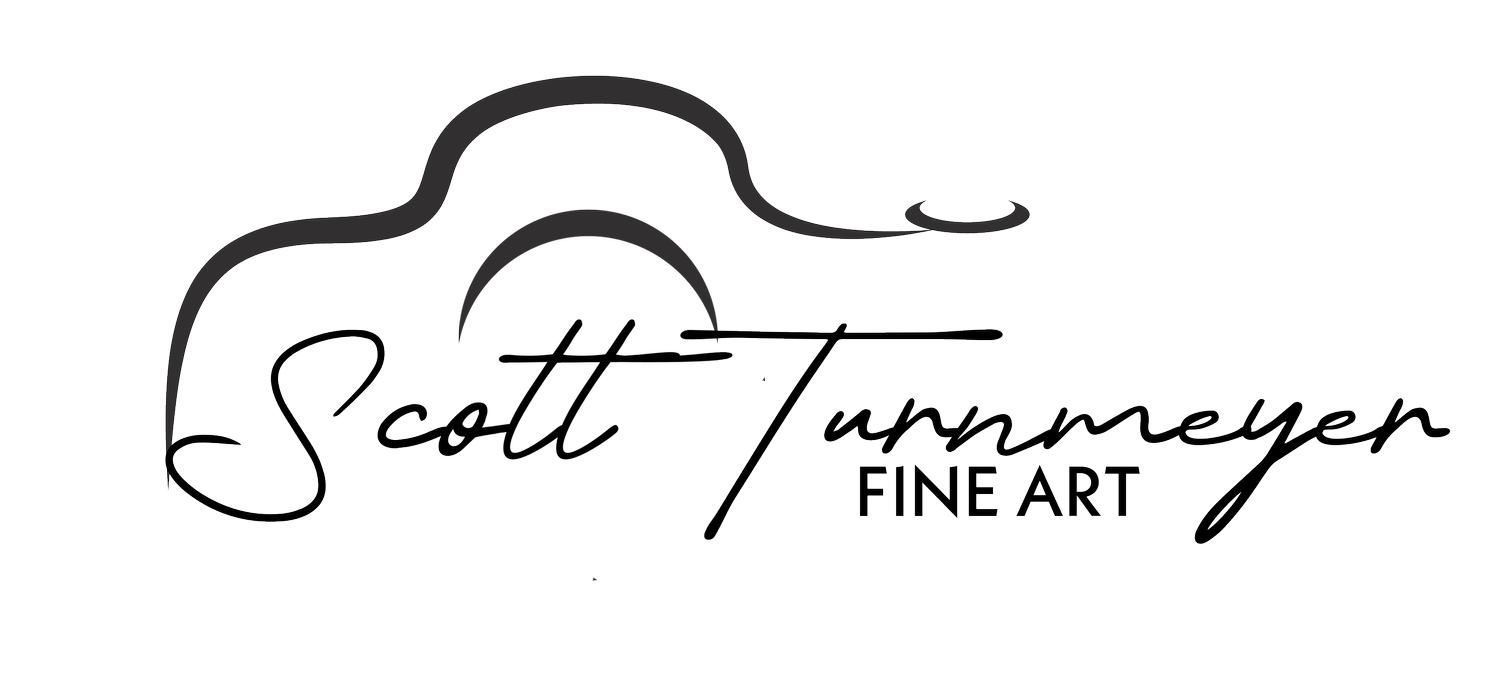The Importance of Social Media for Photographers
In today's digital world, social media has become a powerful tool for photographers of all levels. Whether you're an aspiring artist, a seasoned professional, or somewhere in between, platforms like Instagram, Facebook, and TikTok offer an unparalleled opportunity to showcase your work, connect with clients, and grow your brand. However, like any tool, social media comes with both advantages and challenges, and its impact can vary depending on the type of photography you specialize in.
The Pros of Social Media for Photographers
1. Exposure and Visibility
Social media provides photographers with a global stage. In the past, photographers relied on galleries, word-of-mouth, or printed portfolios to gain exposure. Now, a well-curated Instagram feed or a viral TikTok video can catapult a photographer into the limelight overnight.
2. Client Acquisition and Networking
For portrait and wedding photographers, social media is a goldmine for finding new clients. Many people search for photographers on Instagram or Facebook before booking. Meanwhile, landscape and wildlife photographers can connect with brands, tourism boards, and potential print buyers through their online presence.
3. Direct Engagement with Audience
Unlike traditional marketing methods, social media allows for real-time engagement. Photographers can interact with followers through comments, direct messages, and live sessions, fostering a community around their work.
4. Showcasing Work and Building a Portfolio
A strong social media presence acts as a dynamic portfolio. Instead of carrying around a printed book, photographers can simply direct potential clients or collaborators to their Instagram or website, providing a convenient way to view their latest work.
5. Learning and Inspiration
Platforms like YouTube, Instagram, and Facebook groups offer photographers access to tutorials, gear reviews, and industry trends. Engaging with the community can spark creativity and provide valuable learning opportunities.
The Cons of Social Media for Photographers
1. Oversaturation and Competition
With millions of photographers vying for attention, standing out on social media can be challenging. It often takes more than just high-quality images to gain traction; understanding algorithms and social media trends becomes equally important.
2. Time-Consuming
Building and maintaining an active social media presence requires consistent posting, engagement, and content creation. For photographers juggling client work and editing, this can become overwhelming.
3. Algorithm Dependence
Social media algorithms frequently change, affecting how many people see a photographer's posts. A sudden drop in engagement can be frustrating, making it difficult to rely solely on these platforms for business.
4. Potential for Content Theft
One downside of showcasing work online is the risk of image theft. Watermarking, copyright registration, and understanding how to handle unauthorized use of images are important considerations.
5. Mental Health Impact
Constantly chasing likes, followers, and engagement can be mentally exhausting. Many photographers experience imposter syndrome or burnout from comparing their work to others.
Social Media Strategies for Different Photography Niches
Portrait and Wedding Photographers
For those in the portrait and wedding industry, social media acts as a direct marketing tool. Potential clients often look for photographers on Instagram, Pinterest, and Facebook before making a booking. Strategies include:
Sharing behind-the-scenes content and client testimonials.
Utilizing hashtags and geotags to attract local clients.
Running targeted ads to reach engaged couples.
Creating reels and TikTok videos showcasing wedding day highlights.
Landscape, Nature, and Wildlife Photographers
For those focused on landscapes and wildlife, social media is less about direct client acquisition and more about brand building, licensing opportunities, and sponsorships. Key strategies include:
Posting high-quality images with storytelling captions.
Engaging with travel brands, conservation organizations, and print buyers.
Leveraging YouTube for travel vlogs or gear reviews.
Using Twitter and LinkedIn for professional networking and collaborations.
Conclusion
Social media is an essential tool for photographers, but its effectiveness depends on how it is used. While it offers incredible opportunities for exposure, engagement, and growth, it also presents challenges that require careful navigation. By understanding the unique demands of their niche and implementing a strategic approach, photographers can harness the power of social media to enhance their careers while maintaining their creative integrity.

